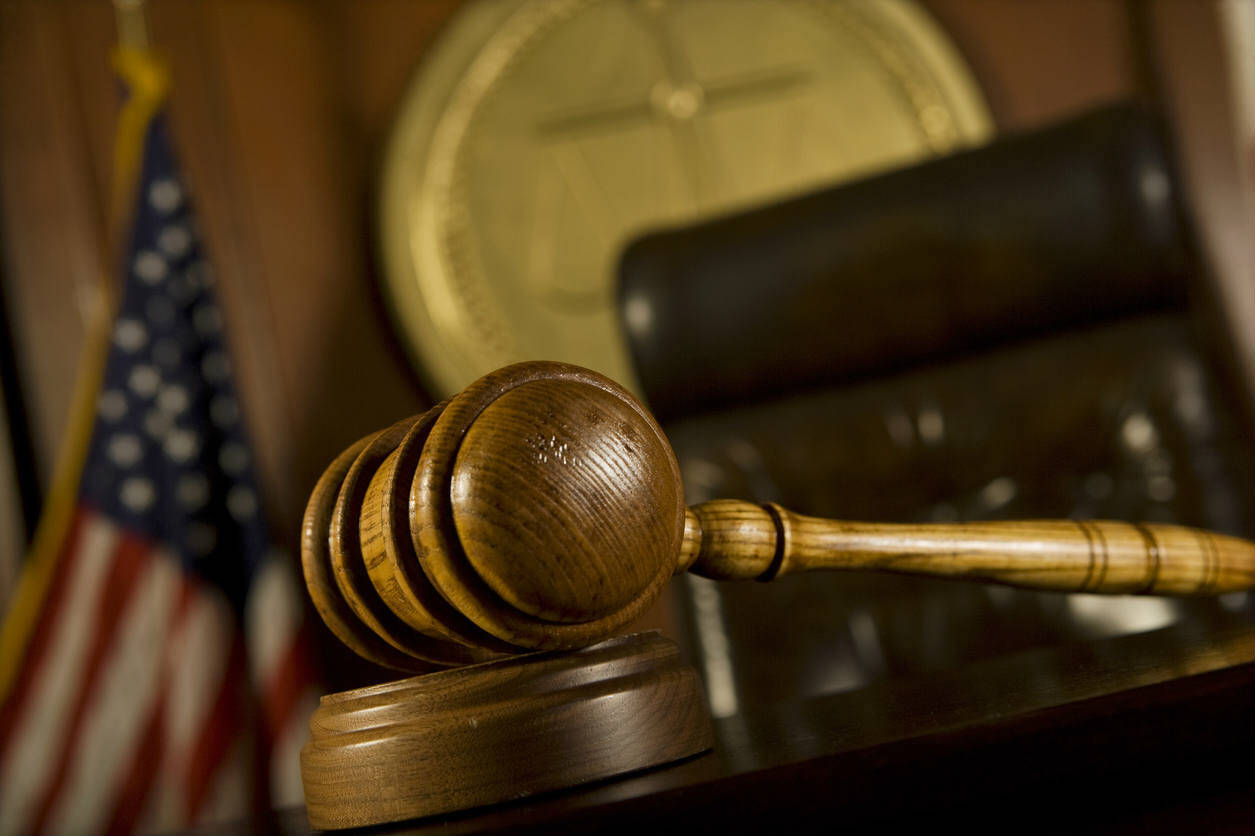A deposition is not a conversation – Claimants should keep in mind that depositions are a question and answer session only. They should not engage in conversations and have the right to clarify with their attorney before answering.

If you’ve filed a claim for compensation following a car crash, it may go to court. If it does, you will likely to be asked to give a deposition. Preparation is very important. Being unprepared for a deposition can jeopardize your claim.
What Can You Expect at a Deposition?
A deposition includes cross questioning conducted by the defense attorney, who will ask the plaintiff questions that may cover the following areas:
- General background information like the plaintiffs name, address, date of birth, educational qualification, employment history, etc.
- Medical history and information regarding physical and mental health, any previous injuries, current injuries, etc.
- Information about the accident itself. They will delve into what the plaintiff was doing on the day of the accident, what the plaintiff did just before and just after the accident, the time and place of accident, who were the persons the plaintiff contacted after the accident, etc.
- Information about the medical treatments – long term as well as immediate – that the plaintiff is undergoing for injuries sustained during the accident and the prognosis of treatments.
- Information about how the injury has affected the normal life of the plaintiff, social relationships, personal and professional life, ability to work, etc, to determine how much the injury has affected the plaintiffs normal life.
A deposition is an important part of a claims hearing. An individual undergoing a deposition should keep the following things in mind:
- A deposition is not a conversation – Claimants should keep in mind that depositions are a question and answer session only. They should not engage in conversations and have the right to clarify with their attorney before answering.
- Do not elaborate – while answering questions, plaintiffs should resort to answering in one sentences only.
- Make a good impression – If the deposition is videotaped, it will be used for later referencing. Therefore, it is essential to make a good impression and ensuring that the claimant appears well groomed.
- Be honest – Being dishonest, or exaggerating can harm the case.
- Request for a break – Depositions can be stressful. It is important that the claimant takes a break if he / she feels like, to avoid confusion and stress.
Here are some preparation tips for a deposition:
Speak to your St Louis car accident attorney
Always seek advice from your attorney. That’s what they’re there for. Listen carefully and follow any advice they give you. Ensure your lawyer specializes in the area within which you are making a claim. You should be free to ask them questions throughout the process.
Have all your documentation ready
Bring several copies of any documents that have been requested. You should also bring originals in case they are requested.
Always be calm and courteous
Losing your temper or being sullen will only put you in a bad light. The questions may annoy you, you may feel annoyed even at having to go to court to claim compensation that you believe you are entitled to, but it is so important to keep your cool and be polite at all times. It will really help your case if you remember your manners.
Listen carefully
During the questioning, always take the time to listen to what you are being asked and think about the question before you answer. Don’t be worried if you don’t understand what you are being asked. Simply ask for the question to be repeated, or admit that you don’t fully understand and ask them to explain their question more clearly.
Never lie
It is illegal to lie under oath. If you lie and it is determined that you are not being truthful this will certainly go against you in a trial. Always tell the truth in a court of law. If you say something then realize you have given an incorrect answer you should correct your statement. If you don’t it may look as if you have lied when you simply made a mistake.
Only give the facts that you know
When asked a question, you will likely feel compelled to give an answer even if you are not sure what your answer is. Do not do this. Don’t guess. If you can’t answer a question then say you don’t know.
Don’t be tempted to keep talking
Answer the question you are being asked but don’t volunteer any more information until you are asked for it. Give clear and concise answers, don’t keep talking offering further explanations. If your questioner requires any further clarification then you will be asked further questions.
What Happens After a Deposition in a Car Accident Claim?
After you gather more evidence by interviewing the other side’s witnesses, you and your attorney can adapt your strategy accordingly. Initial depositions often bring new information on the table, and quite often there is a follow-up on them.
If additional information is requested by either side, testimonies can continue being collected and the deposition phase is prolonged. This may go on for weeks, months, or even years before you reach a final result.
One type of extra information that might be requested is an independent medical exam, which is often present in car accident personal injury cases. The insurance company has the right to request an IME and refusing it could damage your case. You will, therefore, go through the medical exam, in order to verify the information given so far. IMEs have a bad reputation of being biased, so make sure this process is carefully monitored and recorded.
After the deposition is finally over, there are generally two possible outcomes: the case goes to trial, or the parties reach a settlement. The latter is the most common outcome for personal injury cases. Victims don’t want to prolong their stress and efforts, insurance companies are willing to pay a settlement before they are dragged through a court trial, and an experienced attorney is usually able to obtain fair compensation.
What If We Go to Trial?
The case can go to trial if the parties don’t agree on the settlement if there is conflicting evidence or a complicated chain of events to be untangled. Hopefully, the deposition process will be clear enough to allow you to reach a fair settlement with no other legal pursuit.
Speak With a St. Louis Car Accident Lawyer
If you have been injured in a St. Louis automobile accident, it is important to ensure that your legal rights are protected from the moment your accident occurs. Call The Hoffmann Law Firm, L.L.C. 24/7 at (314) 361-4242 for a free consultation.
